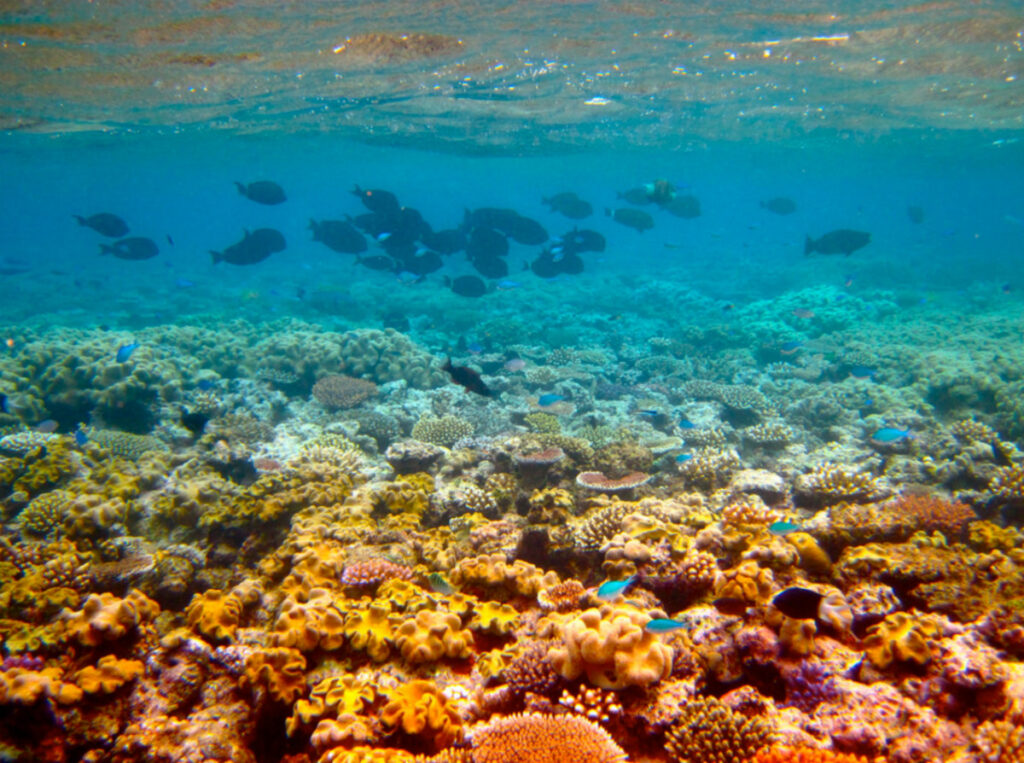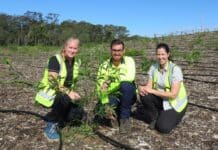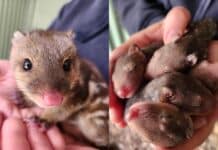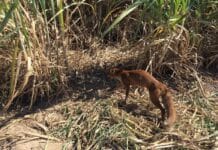Growers argue restrictions won't help reef
Bundaberg Region canegrowers dispute the science behind proposed restrictions which seek to improve the quality of water entering the Great Barrier Reef.
In a submission to a parliamentary committee, the Bundaberg, Isis and Maryborough growers say the Government's proposal will “only result in punishing individuals and an industry that has demonstrably done the right thing”.
“It is possible that some restrictive legislation, which may significantly affect the viability of our agribusiness ventures, may not have a significant affect on GBR health,” their submission states.
“Bundaberg, Isis and Maryborough Canegrowers support measures to support the integrity of GBR science and in the short term we request that the government delay implementation of this legislation in the Burnett and southern catchments until a thorough independent audit of the science has been conducted.”
On 27 February 2019, Environment Minister Leeanne Enoch introduced the Environmental Protection (Great Barrier Reef Protection Measures) and Other Legislation Amendment Bill 2019 into the Queensland Parliament.
The Bill was referred to the Innovation, Tourism Development and Environment Committee for detailed consideration.
Explanatory notes reveal: “The reach of the regulation will expand from the catchments within the Wet Tropics, Burdekin and Mackay Whitsunday regions to include all Reef catchments, including those within the Cape York, Fitzroy and the Burnett Mary regions.”
The previous Environmental Risk Management Plan provisions will be replaced by agricultural environmentally relevant activity (ERA) standards.
The Government wants to achieve a 60 per cent reduction in nitrogen loads and a 25 per cent cut in sediment by 2025.
In her introductory speech, Ms Enoch acknowledged efforts that have already been undertaken to limit pollution run-off.
“For over a decade we have supported many farmers and other industries to transition away from intensely polluting activities, and we have jointly seen great success working with more than 40 partners,” the Minister said.

Minister says improvements are too slow
“But the dial is not shifting fast enough, and we must now accelerate action to save the reef.
“This is the reason why we have brought these regulations forward, and we will be pursuing new strategies to ensure more rapid change and better outcomes for the reef.
“Our partnerships with farmers and industry to incentivise change will continue.”
Wide Bay Burnett Canegrowers say no clear justification has been given for extending the legislation to southern catchments.
Their submission refers to a meeting between department officers and canegrowers in Bundaberg last September.
“No new information was presented that gave any credible explanation why a change in policy regarding the regulation of the Burnett and southern catchments was necessary other than the presenters were ‘sure that there must be some bad farmers in the region' and that they need to be stopped,” the submission says.
“No cost-benefit analysis was done to support the argument that the environmental improvement would be worth the cost to the government, let alone to the cost of red-tape to farmers.
“One of the presenters stated that they ‘work with the best information we have'. We accept this intention but request the proponents undertake quality checking of their information and the original scientific papers from which they draw their information.”
Sugar a key contributor to regional economy
Independent analysis commissioned by the Australian Sugar Milling Council (ASMC) has revealed a total direct and indirect economic contribution in excess of $4 billion made by the sugar manufacturing sector in Queensland in 2017-18.
In the Bundaberg Region, the three raw sugar mills spent and generated a Gross Value Add (GVA) of $276 million, representing 5 per cent of gross regional product.
The committee will hold a public hearing and departmental briefing on Monday, 25 March 2019 at the Parliamentary Annexe in Brisbane as follows:
- Public hearing: 9am to 11am.
- Public departmental briefing: 11.15am to 12.15pm.
The hearing and briefing will be broadcast live and can be viewed at http://tv.parliament.qld.gov.au/committees.
Possible additional hearings to be confirmed.







